Physical Address
304 North Cardinal St.
Dorchester Center, MA 02124
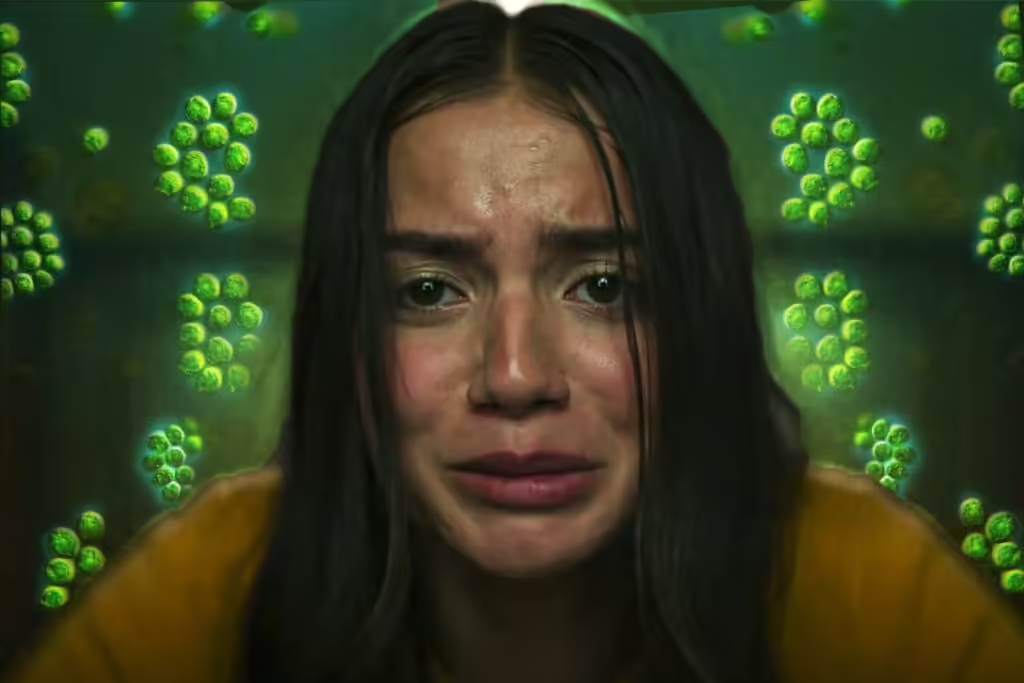
In a world where most movies for teens are about love and growing up, “Turtles All the Way Down,” directed by Hannah Marks, chooses a different road. It’s based on a book by John Green, who also wrote “The Fault in Our Stars.” This movie is brave because it talks about a tough topic: obsessive-compulsive disorder (OCD). While there’s a love story happening, the movie focuses on mental health, telling a story that’s touching and interesting.
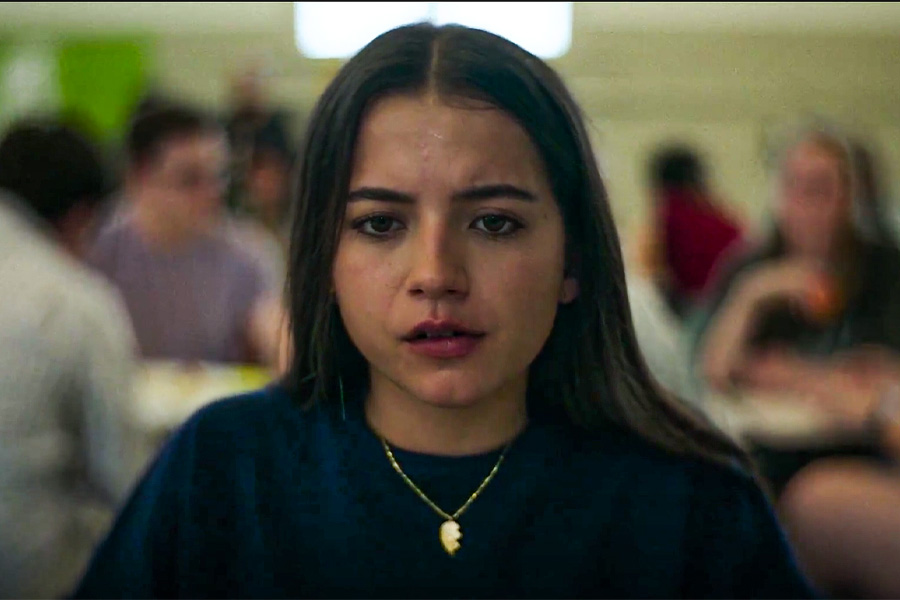
At the heart of the story is Aza, portrayed with depth by Isabela Merced, a young woman whose life is overshadowed by the constant fear of contamination and infection. Her OCD manifests in meticulous rituals, from tending to a callus on her finger to consuming hand sanitizer in moments of heightened anxiety. Yet, her disorder goes beyond a mere fear of germs; it grapples with existential questions of identity and control. Aza’s struggle becomes a metaphor for the turbulent journey of adolescence, where the quest for self-discovery is fraught with uncertainty and fear.
The film deftly balances the portrayal of OCD, drawing viewers into Aza’s world while avoiding sensationalism. Through intimate voiceover monologues and striking visuals, it captures the magnitude of her internal battles without reducing her condition to mere spectacle. Instead, it humanizes her experiences, offering insight into the complexities of living with mental illness.
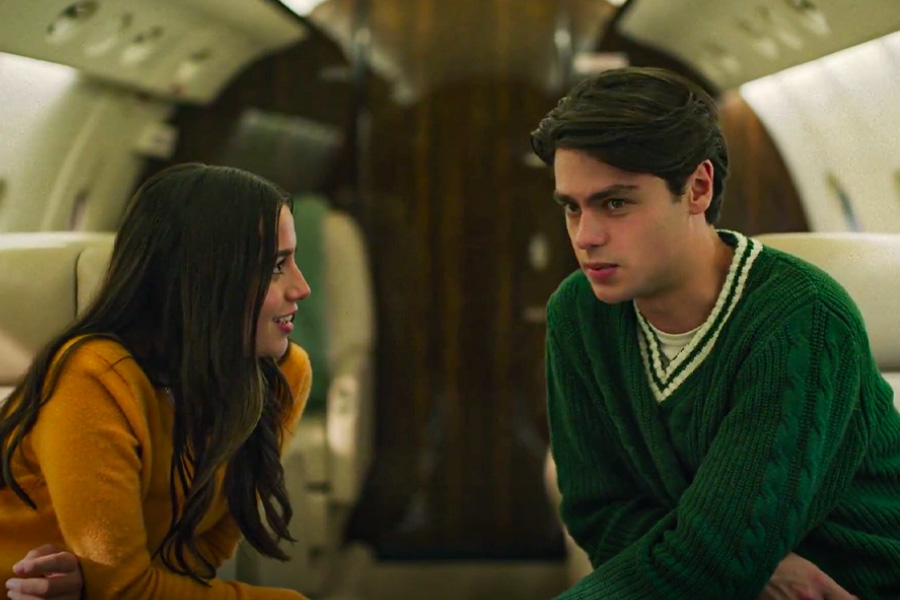
Against this backdrop of personal turmoil, romance blossoms between Aza and Davis, portrayed with charm by Felix Mallard. Their relationship unfolds amidst the mysterious disappearance of Davis’ father. Since Aza’s father passed away when she was young, she feels a connection to Davis, whom she knew from a childhood summer spent at grief camp. He always knows just what to say, showing understanding and humor without acting superior.
Despite Davis’s kindness and supportiveness, Aza’s OCD always interferes, causing her to worry about kissing him and getting bacteria in her mouth. This anxiety becomes a significant problem in their relationship, constantly creating obstacles.
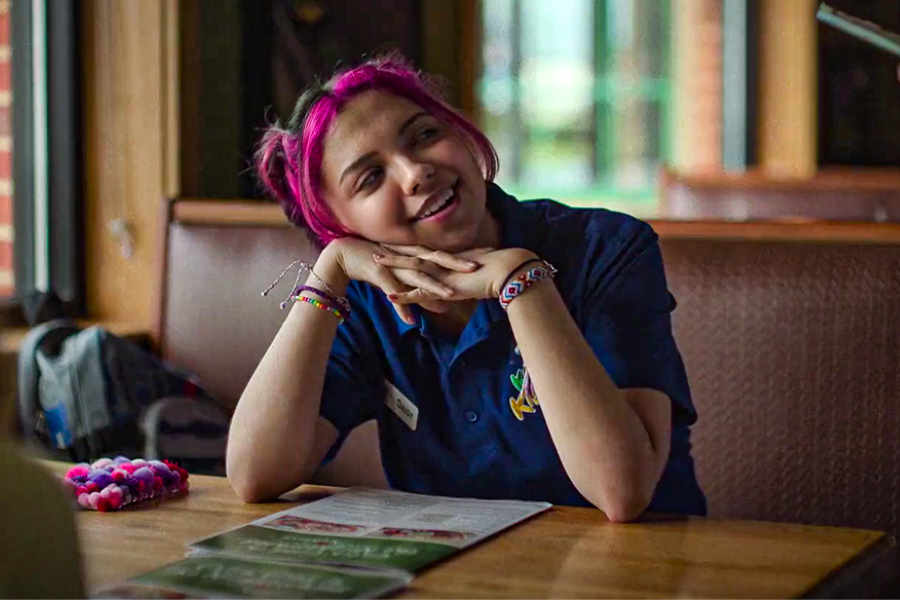
The friendship between Aza and Daisy, portrayed by Cree, steals the show with its authenticity and humor, offering a refreshing take on the teenage experience. While the romance between Aza and Davis adds sweetness to the narrative, it falls short compared to the genuine connection shared between Aza and Daisy.
Through her remarkable skill, Cree breathes life into the character of Daisy, crafting a portrayal that is authentic and compelling. Infused with Cree’s infectious humor and undeniable charisma,
Daisy becomes a character whom viewers are instantly drawn to, someone they would eagerly befriend. She’s not just funny; she can also show real sadness in a serious way, especially later in the movie. Even though Aza has a tough time with her disorder, things get dramatic when Daisy opens up about feeling unappreciated by Aza in their friendship. This makes the story more complicated and shows how both characters have their own struggles to deal with.
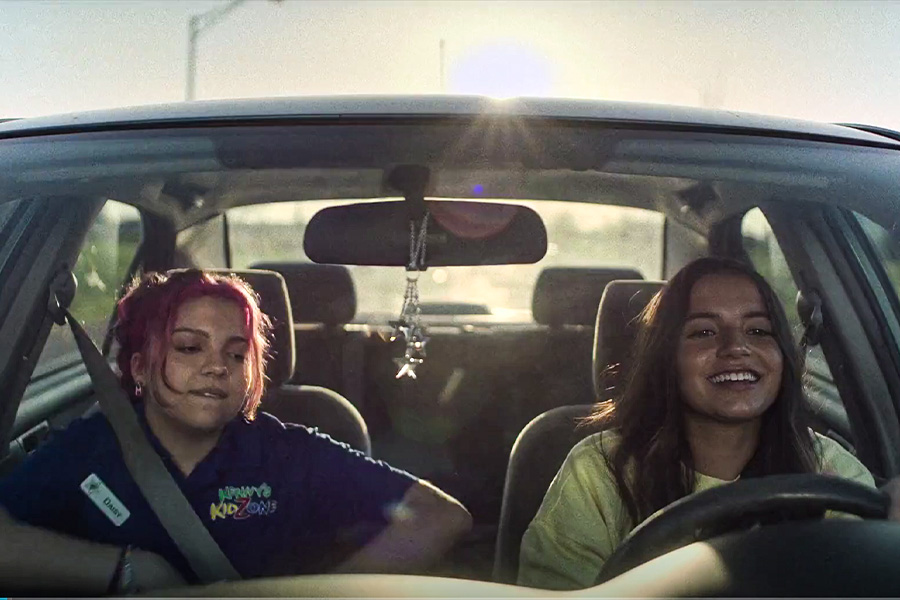
The music in “Turtles All the Way Down” adds a lot to the movie. It’s like a colorful blanket made of feelings and energy that deepens the movie’s mood and story. Songs are chosen carefully, like the upbeat “Ms. Jackson” by Outkast in the car scene or the dreamy tunes of Tame Impala, and the spiraling and anxious feels of Billie Eilish’s “Bad Guy,” to match what’s happening in the story. Whether the characters are having fun driving around or thinking quietly, the music helps bring out those feelings.
Also, the different kinds of music in the movie show the characters’ different emotions, like happiness or sadness. The songs are mixed into the movie really well, so they don’t just feel like background noise. They’re an important part of telling the story, making the movie more enjoyable and memorable for people watching it.
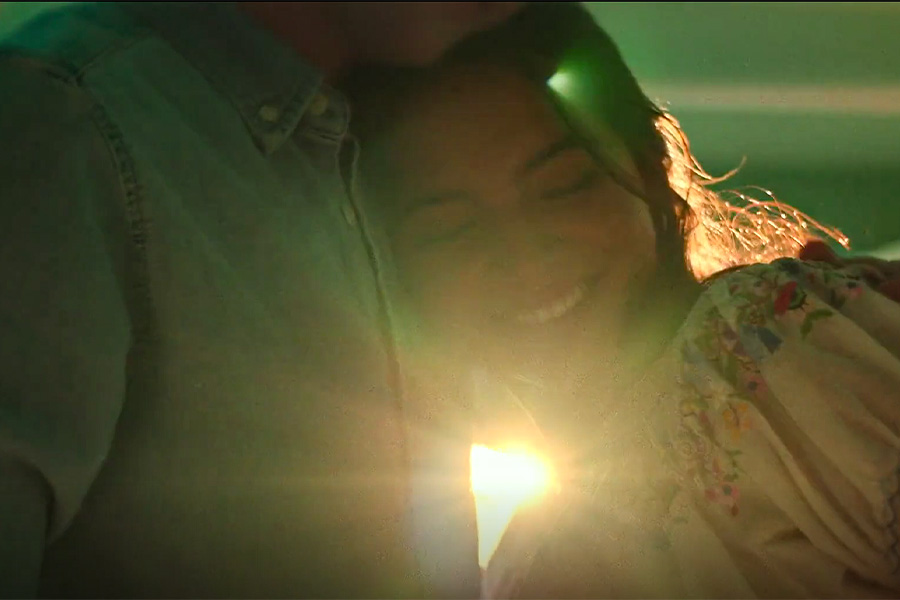
As “Turtles All the Way Down” gets closer to the end, people wonder how a movie dealing with something as serious as OCD can end happily. Some might feel the ending isn’t satisfying because Aza still hasn’t overcome her OCD. But Daisy offers us her optimistic prediction by picturing a bright future for Aza in the form of montages in the movie. She imagines Aza being happy, in love, and successful, although she acknowledges that life won’t be easy and Aza will still face struggles. But in the end, Aza will find happiness.
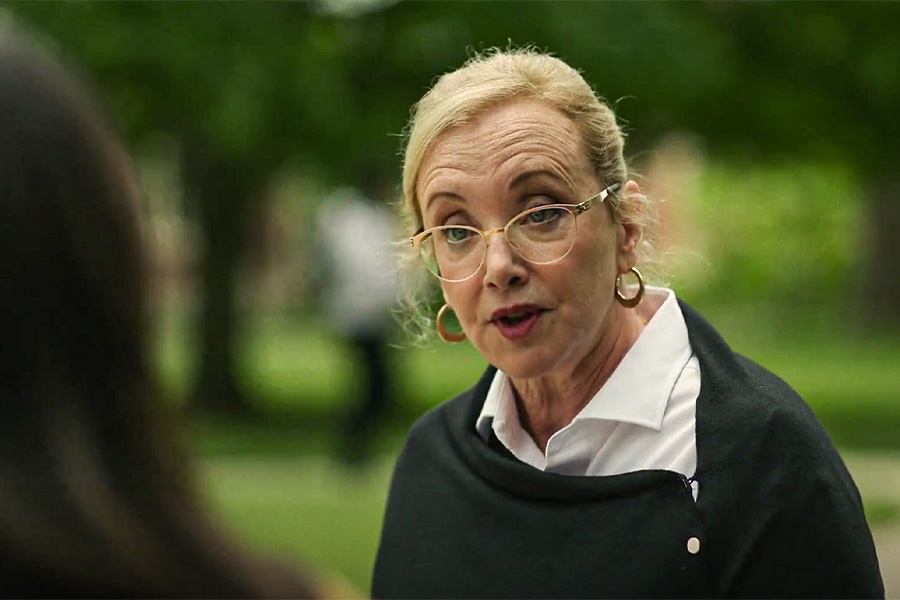
The movie reveals the significance of its title through a story recounted by the professor. She explains that the title “Turtles All the Way Down” originates from a well-known anecdote in cosmology and philosophy, frequently used to illustrate the concept of infinite regression or the problem of the infinite regress. In this tale, a prominent scientist delivers a lecture on cosmology, describing the Earth’s position in the universe. An audience member interjects, asserting that the Earth is supported by a giant turtle. When questioned about what the turtle stands on, she confidently replies, “It’s turtles all the way down!”
This anecdote serves as a metaphorical representation of an endless chain of explanations or causes, where each explanation relies on another, leading to an infinite regress. In the context of John Green’s novel, “Turtles All the Way Down,” the title mirrors the protagonist Aza’s struggles with intrusive thoughts and her perpetual quest for meaning and comprehension in a world that often appears chaotic and unpredictable.
Turtles All the Way Down” stays faithful to John Green’s book; however, there are changes that often suit the movie format better.
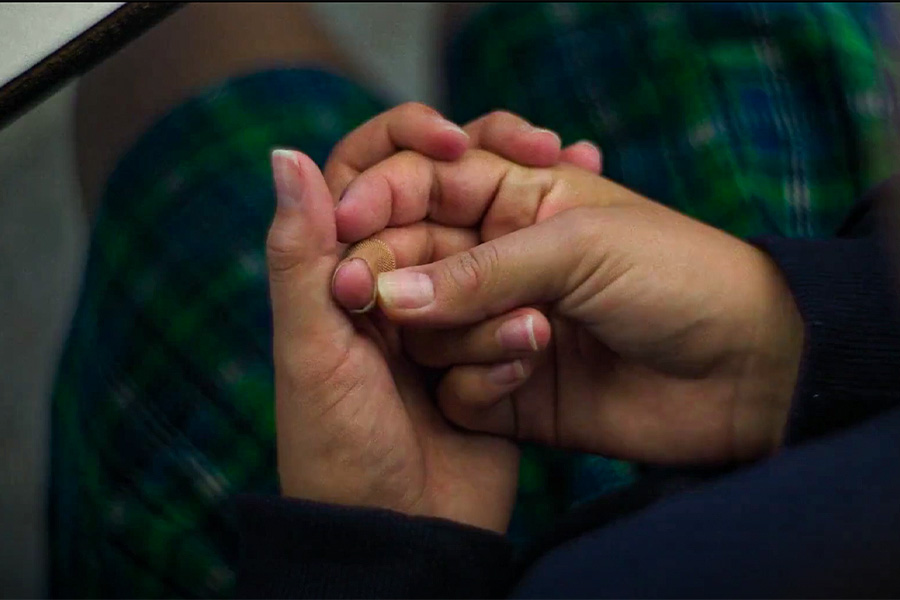
Aza’s fight with OCD is shown through her finger callus, which represents her struggle. In the book, Aza uses the callus to calm her anxiety, but in the movie, it focuses more on her always checking and cleaning, showing how her OCD affects her all the time.
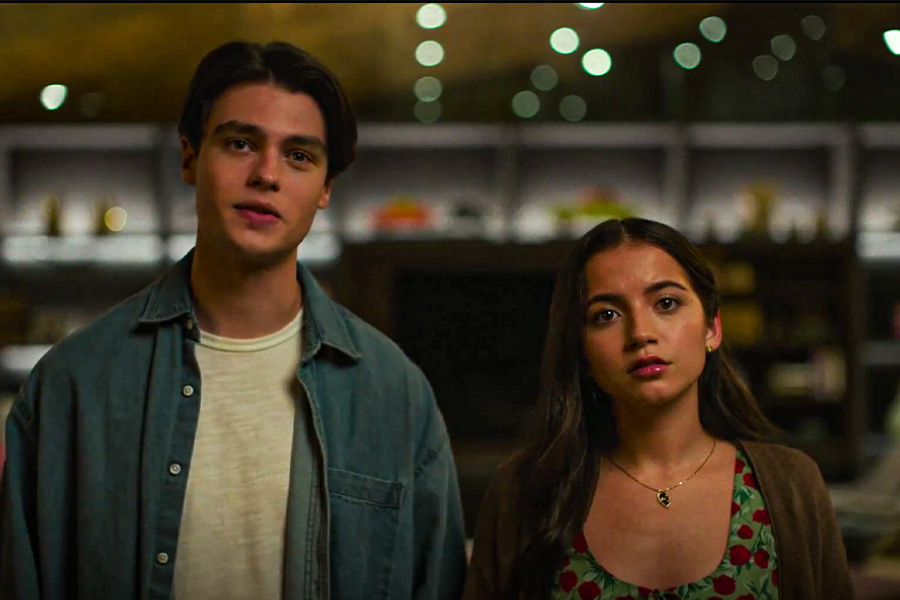
In the book, the Pickett family lives next door to the Holmes family. But instead of focusing on that, the movie talks more about how Aza and Davis became friends at a camp where they were both dealing with the loss of their parents.
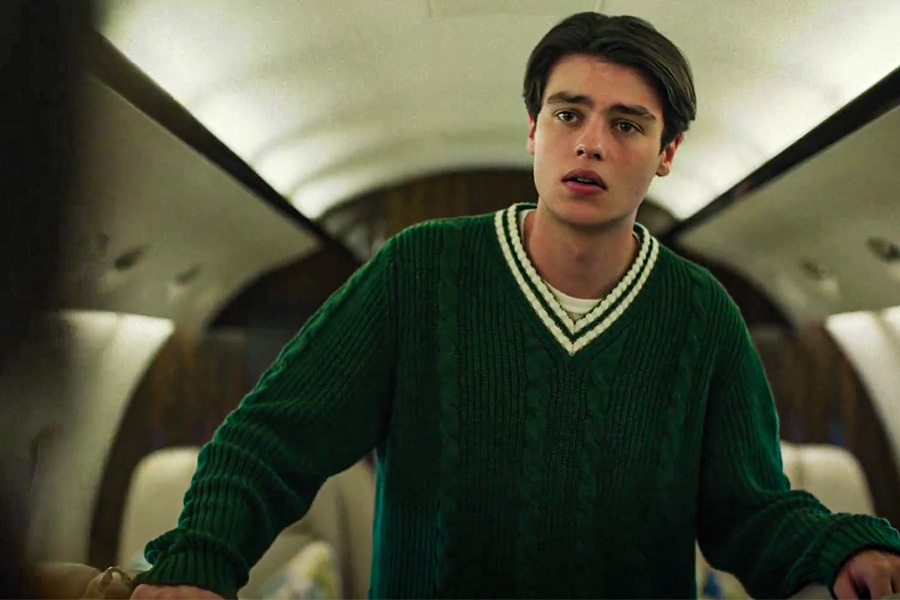
One big change is about the tuatara, a special kind of reptile from New Zealand. In the movie, Russell wants to leave his money to a tuatara research center he started, but in the book, he leaves it to a pet tuatara.
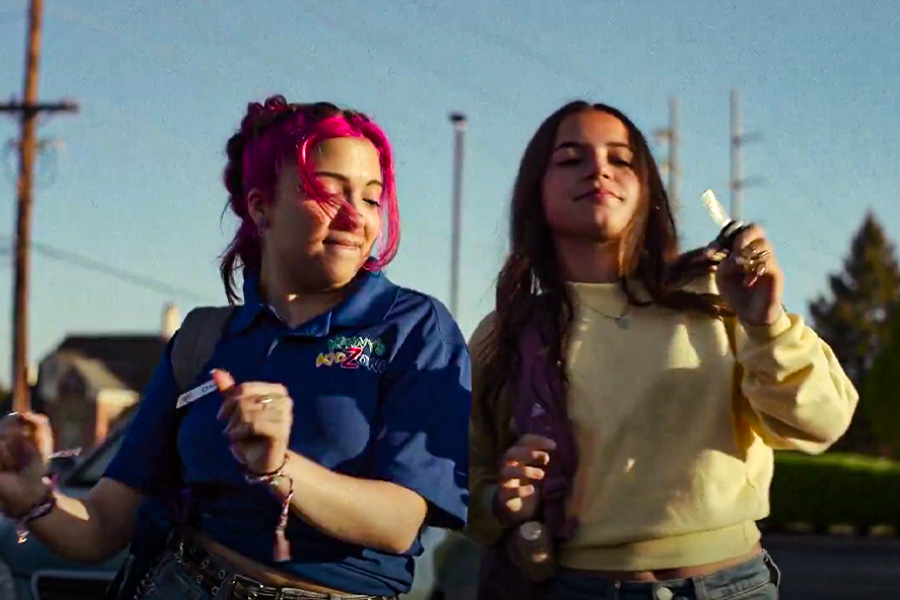
At the end of the day, “Turtles All the Way Down” isn’t just about teen romance. It’s a touching story about love, sadness, and the difficulties of mental health. By showing OCD in a real way and with actors who really care, it makes us understand and feel for the characters who are going through tough times, just like we do sometimes. In a world where movies about teens can be predictable, this one breaks the mold. It shows us how love and being there for each other can help us get through even the hardest parts of life.